
My 10 Takeaways From Reading the Book, “We’re Not Here for the Hockey”
Seeing your kids thrive playing a sport like hockey can be so satisfying. It starts like any other extracurricular activity: there’s a registration, some new equipment, uniforms, scheduled practices and a few games. It is entertaining and fun to watch. The kids have a blast. Aside from the kiddos who get fitted for ice skates the moment they learn how to walk, most of us just want our children to be active, make new friends, play a team sport, learn some valuable life lessons, and enjoy their one and only childhood.
Until….
Things start getting crazy. The youth hockey landscape is like entering a bubble universe with its own space and time—people at their best and their worst. Absurd situations. Unwritten rules. Outdated norms. Contradictory advice. Questions. So. Many. Questions.

I recently read a book by L. Zukosky called “We’re Not Here for the Hockey: A guide to raising a competitive athlete without going nucking futs.” At first glance, I thought the book was a compilation of humorous stories about hockey families, perhaps some juicy details on a coaching scandal or useful tips on developing the next crop of future NHL players.
Sure, the author shares funny stories, many of which only hockey parents can relate to. But what is weaved into the reading experience are the harsher realities of “what it takes” to play hockey at a highly competitive level. Whether we want to look or not, there is a dark underbelly within the hockey collective that many of us sense is there, but we’re unsure what to expect and what to do (if anything) about it.
As the parents of a Peewee and a Squirt, hockey has already become a massive part of our lives. It is no longer a seasonal sport with just a few games. It hasn't been for years to think of it. Having a different perspective from someone “on the other side” of the journey was enlightening - I came to the sport through way of marriage after all.
I highly recommend reading this book; some universal truths, eye-opening realities, and a few revelations that take the hype and mystery out of what sometimes feels like a daunting process.
Here are my top 10 takeaways:
- Mites, Squirts, first-year Peewee: kids are developing and should have fun. The only points that matter are those earned on your credit card based on recurring tournament and equipment fees.
- Peewee/Bantam levels: this phase of hockey is about learning and practicing the fundamentals. This is where having a good coach can help develop the kid’s skills and their love and passion for the game.
- Interpersonal relationships: There will be awkward social situations among other hockey parents. Secrets. Deceit. Gossip. But, if you are kind and stay above the fray, you may actually make friends for life. You will witness strange antics, observe odd behaviors, and drink copious amounts of coffee (and alcohol) and often together.
- Hockey is a business. Once your player has a USA Hockey number, expect to feel hustled anytime for a new camp, spring tournament, or special invitation to play surfaces. FOMO (the fear of missing out) gets real by Bantam. Put up some guardrails and save your pocket change; it gets expensive if the kid decides they need private lessons.
- Ignore the arrogant snorts of the dream-crushing hockey dads (sorry, but 97% are the dads) who proclaim, “None of these kids will make it to the NHL.” And he’s right. Nobody will make it to the NHL when they are 12, so it’s a moot point. Sit down, Pete.
- What's my role in this? Is your kid practicing their stickhandling, their shot, etc.….on their own? Are they watching hockey games? Looking for ways to improve? Periodically check in and make sure it is still “their” dream, not yours. Your main role as a parent is encouragement, finding good coaches, and maintaining your membership at Costco or Sam’s Club, because they need a lot of calories when they hit puberty.
- Be prepared for emotional fallout. There will be coaching decisions that seem unjust. Tryout debacles. Organization, parent, and coaching scandals. Money grabs. Academic pressures. Family turmoil….it’s all part of competitive sports, and you will get through it. As long as the kid loves to play hockey and is having fun, you just need to bite down on the leather wallet. There are rare occasions when you may need to speak up if something is wrong. Always best to sleep on it before speaking out.
- Be aware and be prepared. A parent’s behavior at tournaments can ruin their kids' chances of excelling in their sport. Words matter. Choose wisely. Eventually, coaches talk to scouts, and scouts talk to colleges. Your reputation follows you. PS. The scouts dress in black.
- Every kid will have a different path and develop at different times. Don’t obsess about what everyone else is doing next. Give the kid their options, and when they get older, turn to kids in the juniors for advice. They are the best sources of information, like the older brother or cousin who is closer to their mindset than you are.
- It’s not a book on “how to develop your kid” to become the next NHL superstar. The training variables, the kid’s mental makeup (grit, perseverance, overcoming adversity, hard work, talent, hockey IQ, character), where you live and what the family can afford are only a fraction of the equation. The book's real lessons are handling the noise inside the hockey bubble, awareness of what is next and guiding your kid to thrive in the world's greatest sport. Apparently, it goes by quickly, and we’ll miss it someday!
The book is available in paperback and for Kindle on Amazon.


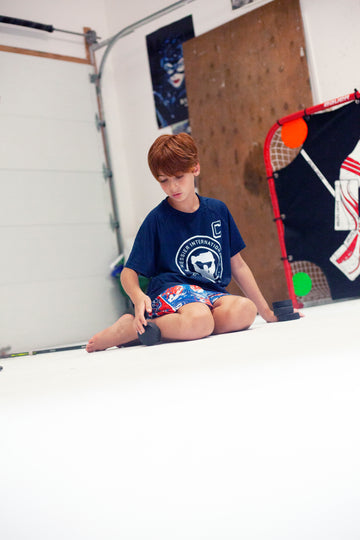
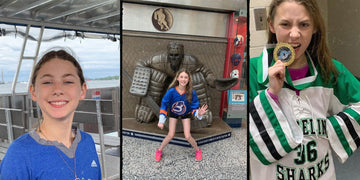

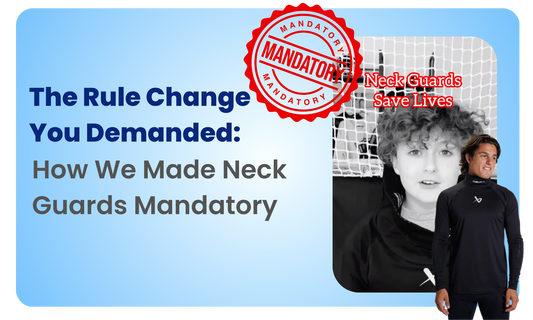
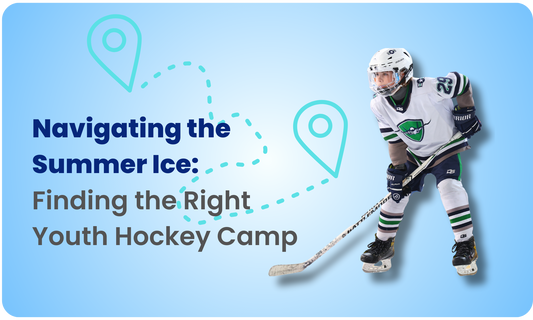
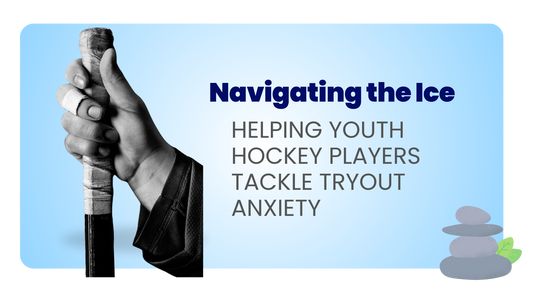
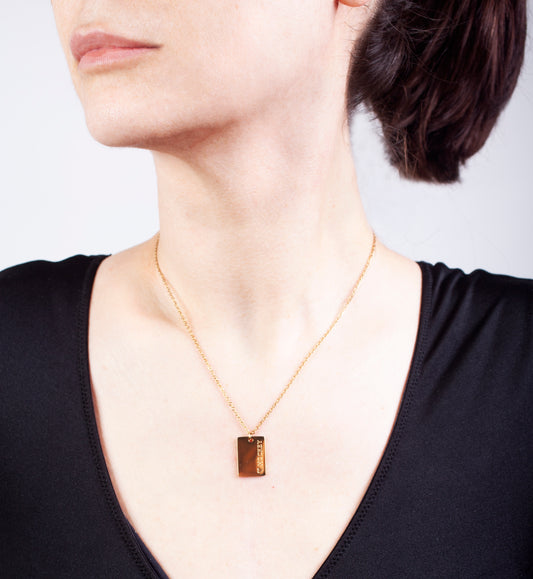

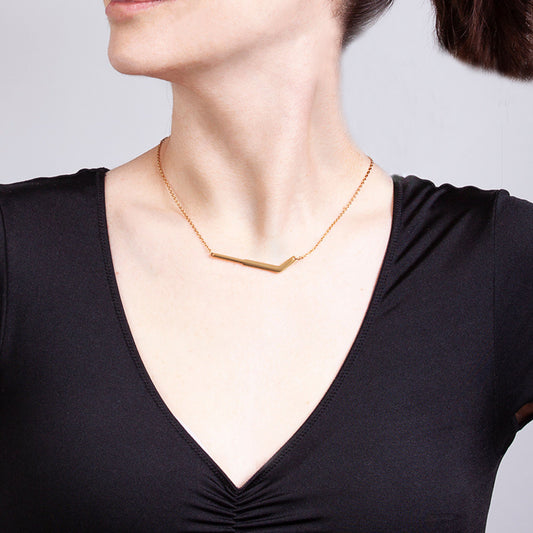
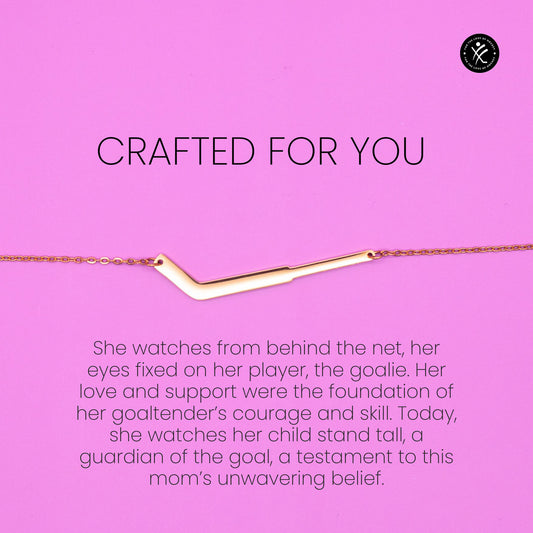
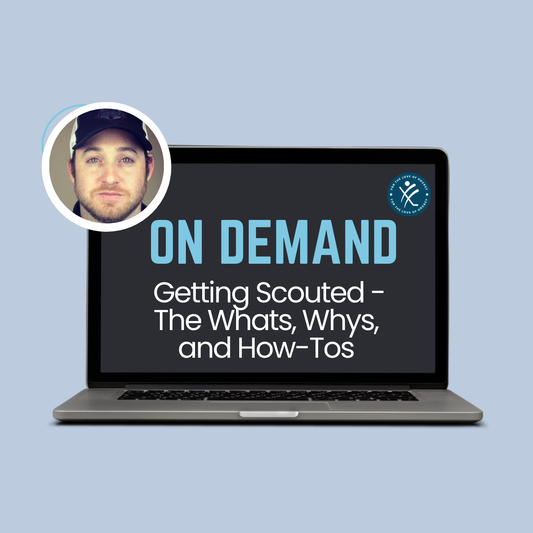
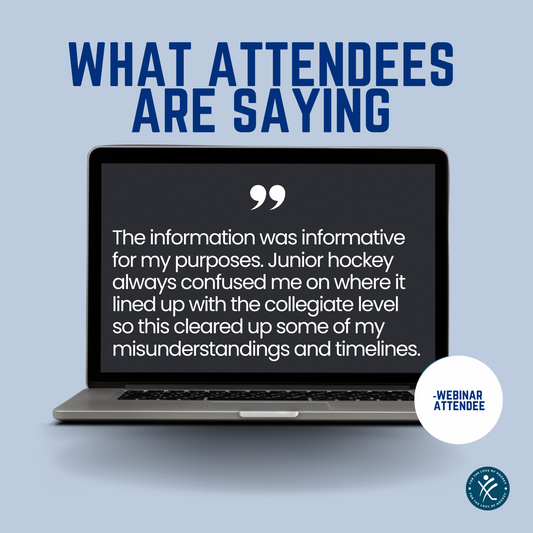
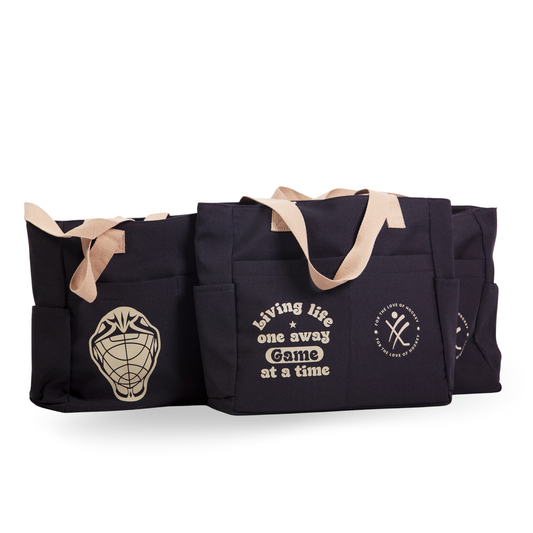
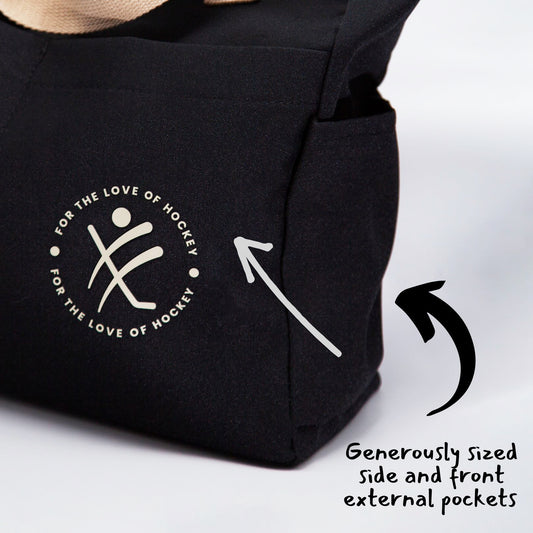
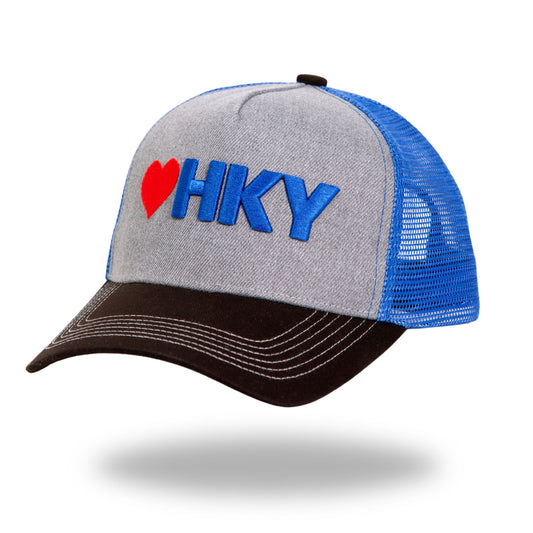
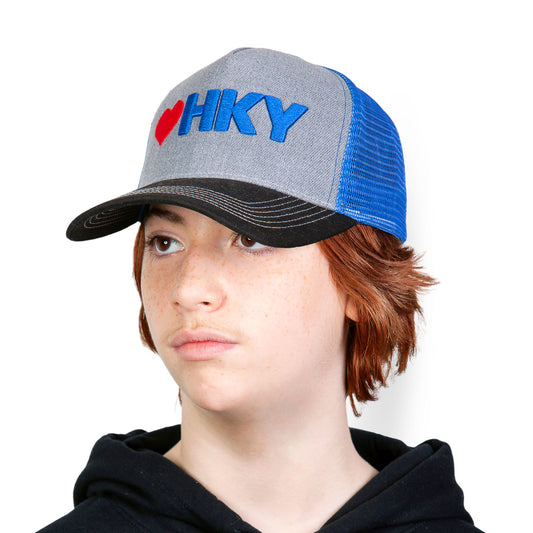
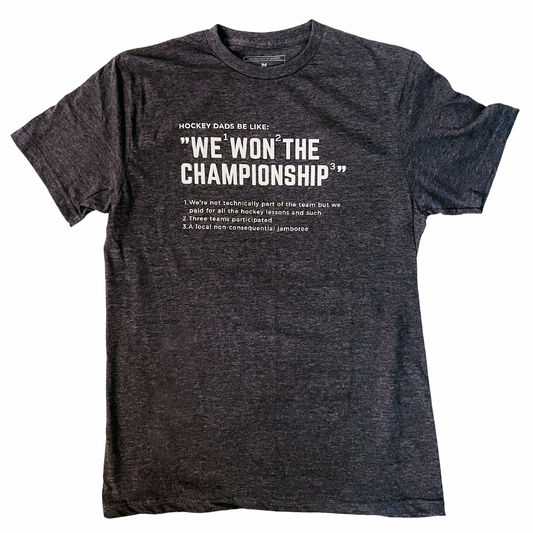
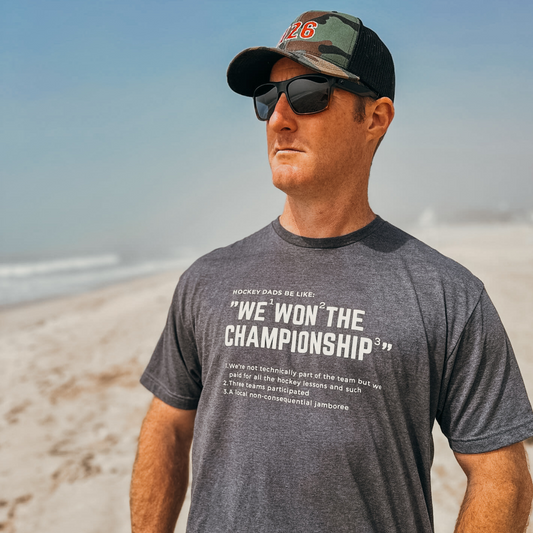
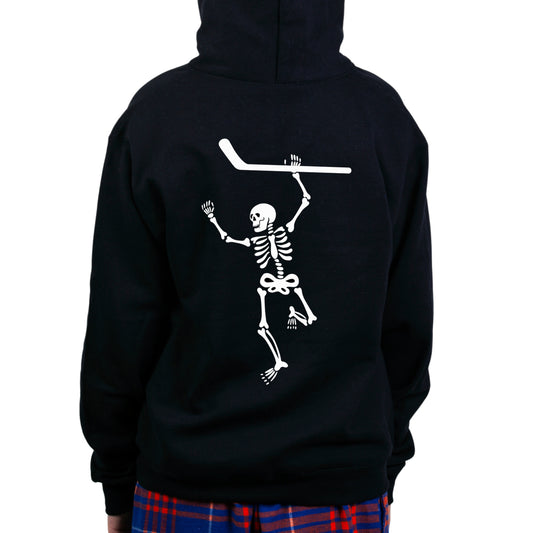
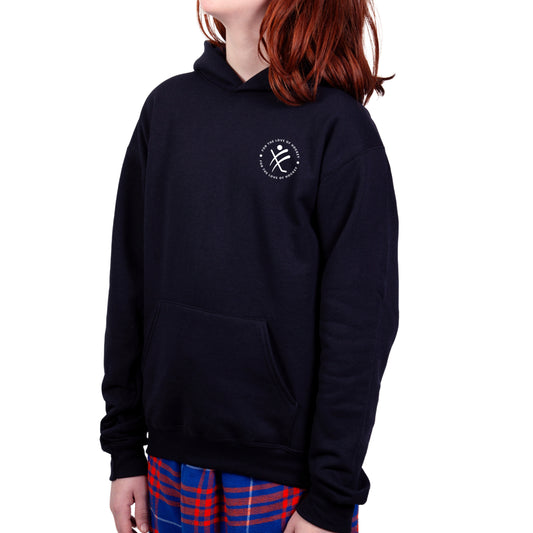
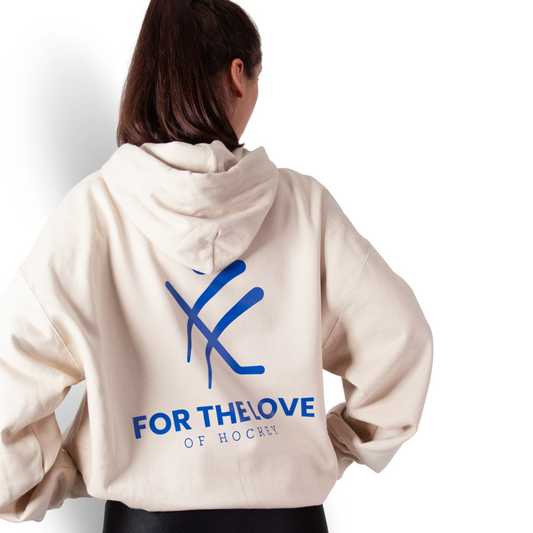
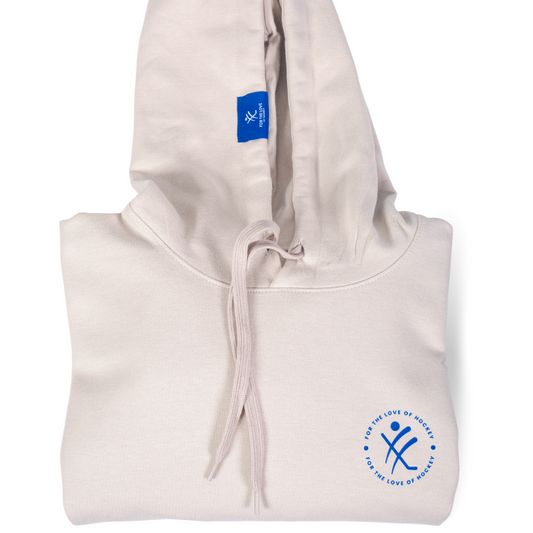
No comments